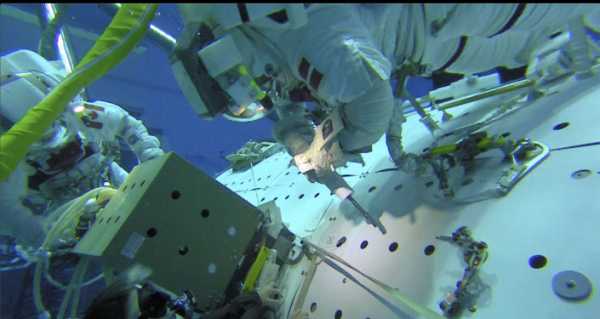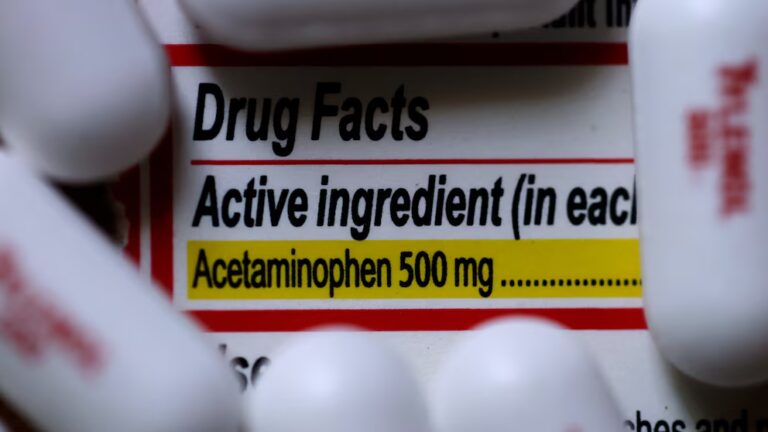
NASA’s Victor Glover and Michael Hopkins will perform the 6-hour-long spacewalk to install the device to the European Space Agency’s (ESA) Columbus module, marking Britain’s first major industrial contribution to the ISS.
Two astronauts will install a new type of technology backed by the UK government on the International Space Station, the UK Space Agency announced on Wednesday.
The Columbus Ka-band Terminal (ColKa) will facilitate experiments in space, including radiation, medical and biomining research, for UK and European scientists.
Researchers and astronauts will communicate between the ISS and Earth via broadband speeds, replacing data recorded on a hard drive, previously taking months to receive and risking data loss in transit.
Data transit speeds will reduce communication time to a day or two, according to Britain’s space agency, and will be transmitted to a ground station in Oxfordshire for transfer to the Columbus Control Centre and others across Europe.
The innovation would bring “enormous” benefit to European scientists by “helping them progress vital research faster, while opening up numerous commercial opportunities for UK firms”, UK science minister Amanda Solloway said in a statement.
David Kenyan, managing director at MDK UK in Harnwell, which designed and built the ColKa module, said his firm was “extremely excited” the ColKa had entered service, adding the new system would bring “tremendous benefit” to the ESA.
MDA UK was awarded a contract to build the unit after the UK Space Agency invested £40m into its exploration programme in 2012. London also pledged £180m to the ESA’s global exploration programme in November 2019.
The programme will aim to retrieve samples from the Moon and Mars, and back US efforts to build a “sustainable” presence on the Moon. UK scientists currently have 17 experiments at the ISS and a further 33 for future programmes.
The announcement comes a day after the UK signed an agreement with the United Nations Committee on the Peaceful Uses of Outer Space (COPUOS) and pledged an additional £85,000 to boost space sustainability, following concerns on increased risks of collisions from space debris orbiting the Earth.
Sourse: sputniknews.com






